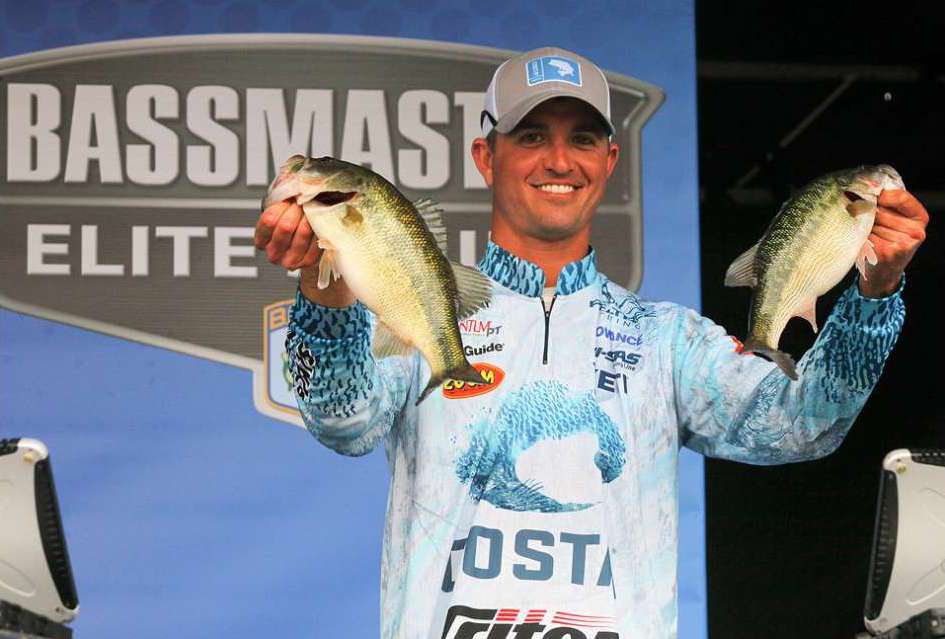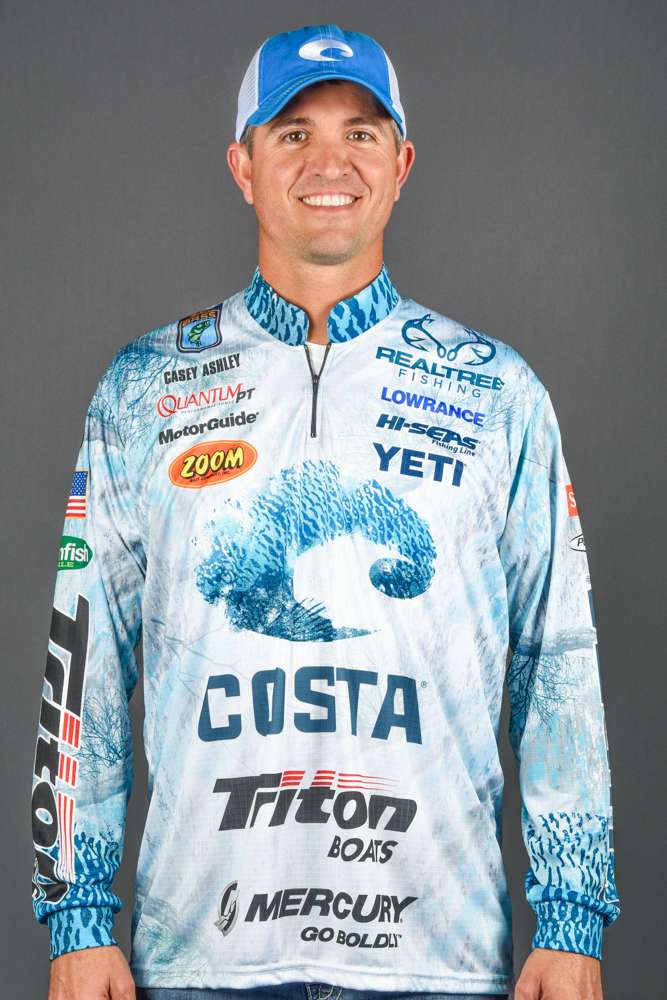
I’ll tell you, a 15th place finish at the Bassmaster Elite Lake Martin presented by Econo Lodge sure felt good because that got my season going on a positive note. That’s always a good thing, but now that we’re on a schedule where we have Elite events before the Bassmaster Classic, this solid start is especially important.
I’ve said this many times, because it’s true: Fishing is 90 percent mental. A good start like this sets you up to do well because you’re fishing good, you’re feeling good. Going into the rest of the season, you don’t feel like you already have a monkey on your back.
You fish better when you have a good start, and you don’t feel like all the pressure is on you. The other thing that I think is important is that the breaking-in period is over now.
The Classic used to be our first event, and that made it hard because you always had last-minute preparations you had to do with your boat. Nobody really has their equipment set up the way it should be at the first event of the season, so you really lose a lot of time because you have to get this fixed, or get this moved, or you may be tweaking new rods and reels.
Because of this, that first event of a new season is always the hardest one to get by, whether it’s on a good lake or a bad lake. So starting the year off with a good finish sets you up to have a good season.
What was really good about this tournament was the fact that I learned a new technique. I approached this event as if I was on Lake Hartwell — the host lake for this year’s Classic. The fish I found were in the ditches leading into pockets. I was catching them in 10-20 feet, but this was strictly a spotted bass pattern.
The thing about this lake is that largemouth do not mix with spots. I tried catching largemouth in the clear water, but I just couldn’t do it. So, I’d catch a limit of spots in the clear water and then go try to upgrade with largemouth later.
My goal in this tournament was to find those fish in the ditches, because that happens early. One thing I noticed was that whenever the loons showed up, that meant there was bait in the area, and I would always catch fish there.
Each day, I had 10 to 11 pounds by 10 o’clock, and then I had the rest of the day to go largemouth fishing. I just never got that big bite.
When I was targeting the fish that were chasing bait out in those ditches, I knew that catching a 2-pounder was gold. Spots that size were pretty rare, so when you got one one you’d fight him like he weighed 10 pounds. You knew you weren’t going to get that many 2-pound bites during the day, so you had to take advantage of every opportunity you got.
I fished how I had planned to fish going into this tournament, although I couldn’t catch them on an underspin. I ended up catching them on a 1/4-ounce jig head with a 3-inch Zoom Tiny Fluke and a Damiki Armor Shad. That’s what they wanted, and that’s all that they would bite.
It’s weird; I’ve never really caught them that way. It’s almost like throwing a crappie jig. The bait itself is similar to what guys use for the Damiki rig, but instead of that vertical dropping presentation, I was casting and retrieving my bait.
I had some places that I could catch them with that vertical presentation, but they were all small. So, what did it for me was a more active presentation with the little jig and fluke combo. Now, I have another technique in my repertoire that I can use in other places.

